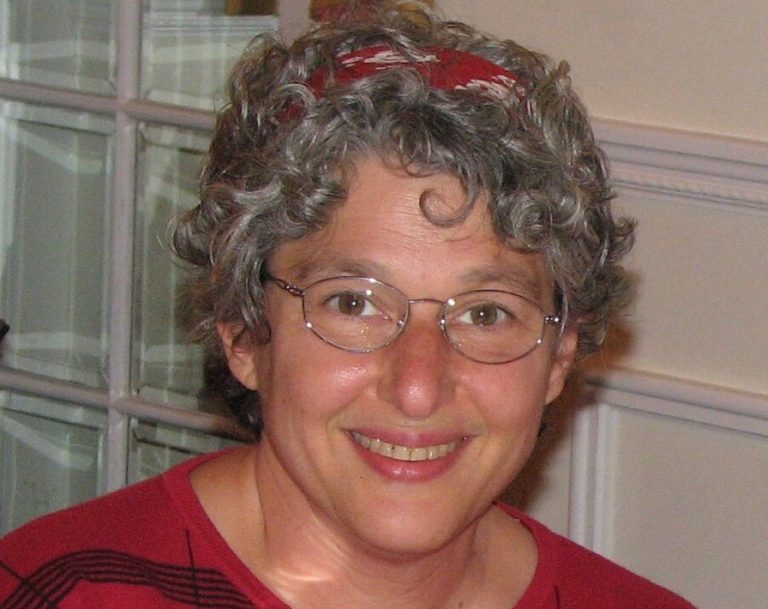National Institute Halts HIV Vaccine Trial
“I wish I could say I was surprised,” commented Robert Schooley, MD, of the University of California San Diego, who acknowledged, “there remain gaps in that scientific understanding. . .”
You bet there are gaps in scientific understanding. . .
The trial, which was started in 2009, is the latest in a series of failed trials. The study, called HVTN 505, had enrolled 2,504 volunteers in 19 U.S. cities. It was looking at men who have sex with men and transgender people who have sex with men.
The trial was halted when it was shown that there were 27 infections in vaccine recipients and 21 in those who got the placebo. And among volunteers who got infected before they had spent 28 weeks in the study, there were 14 HIV infections in the vaccine arm and 9 among placebo recipients.
In other words, the trial demonstrated that the vaccine induced HIV infection rather than prevent it! 
The review board has recommended that no further vaccinations be given.
Vera Sharav
MedPage Today
Road to HIV Vaccine Hits Another Speed Bump
By Michael Smith April 25, 2013
HIV experts reacted with dismay and resignation to the news that the National Institute of Allergy and Infectious Diseases halted its HIV Vaccine Trials Network 505 trial because it wasn’t working. “I wish I could say I was surprised,” commented Robert Schooley, MD, of the University of California San Diego. He told MedPage Today that it has been “difficult to make headway” in HIV vaccine research despite decades of effort and an increasingly profound understanding of how the human body and the deadly virus interact.
But the announcement that the agency will halt immunizations in the trial illustrates that there remain gaps in that scientific understanding – gaps that will have to be filled before a vaccine can succeed, he said.
The decision is “disappointing,” said Michael Saag, MD, of the University Alabama Birmingham. “We were, of course, hoping we would actually have a vaccine that would have some degree of efficacy.”
Instead, he told MedPage Today, the trial was halted because investigators decided there was no chance it would show a benefit. And the data, Saag noted, actually show more HIV infections among those who got the vaccine. The increase was not statistically significant, but “it was clear this vaccine was not going to protect,” he said.
The trial was halted when the study’s data safety monitoring board found a slight excess of new HIV infections in the vaccine arm compared with the placebo arm.
The investigators had enrolled 2,504 HIV-negative volunteers — men who have sex with men and transgendered people who have sex with men – in 19 cities in the U.S.
In a planned interim review April 22, the safety board looked at new infections among those who had been in the study at least 28 weeks –- time enough for the vaccine to stimulate an immune response.
In those participants, there were 27 infections in vaccine recipients and 21 in those who got the placebo. And among volunteers who got infected before they had spent 28 weeks in the study, there were 14 HIV infections in the vaccine arm and 9 among placebo recipients.
There was also no evidence that the vaccine lowered viral load among people who got infected despite it – a secondary endpoint of the trial.
The difference between the study arms was not statistically significant and doesn’t mean the vaccine increased the risk of HIV infections, commented Mitchell Warren, executive director of the New York-based vaccine advocacy group AVAC. The outcome is “disappointing,” Warren said in a statement, but it highlights the need to continue vaccine research.
But the result is another setback to the HIV vaccine enterprise, which had an unbroken record of futility until late 2009, when for the first time an investigational vaccine was shown to reduce the risk of infection.
The so-called RV-144 trial, conducted in Thailand mainly among heterosexuals, showed that in a large population of everyday people at relatively low risk for HIV, the vaccine reduced the chances of infection by 31.2% compared with placebo.
It was not a home run, but the finding was hailed as the first evidence that perhaps researchers were finally on the right track. Warren noted that trials building on the RV-144 results are currently underway in Thailand and South Africa.
There are some similarities between the Thai vaccine candidate and the HVTN 505 approach. Both used what is called a prime-boost strategy, in which the immune system of a volunteer is exposed to HIV antigens and then boosted later with another shot to increase the response.
But there were differences in the details; the trials used different primers and different boosters. One possible culprit in the failure is the adenovirus 5 booster used on the HVTN 505 trial – a common virus used as a vector to carry antigens into the body. The virus – dubbed ad5 for short — was used in an earlier unsuccessful trial, the STEP study, and was linked to an increased risk of HIV in people who got that candidate vaccine.
In that study, uncircumcised men with antibodies to the virus seemed to be most at risk, so the HVTN 505 investigators enrolled only men who had been circumcised and had no antibodies. But it may not have worked and it may be enough to rule out further use of the adenovirus in vaccine studies. “It basically puts to rest – at least for the moment – this approach to AIDS vaccine development,” Schooley told MedPage Today.
Saag concurred, saying, “We’ve got to go back to the drawing board and ask what about this study didn’t work.” It may even be, he said, that giving an HIV vaccine of this type in some way “primes” the immune system in the wrong direction, making it more susceptible to HIV.
But the key for vaccine researchers now is to find out what went wrong and to use the increasing body of knowledge to overcome the latest roadblock, Saag said. “I really believe we have a lot of clues we can follow up on,” he said.
Schooley noted that intensive research in recent years has vastly improved scientific understanding of how the human body responds to HIV infection. In particular, he said, it is now much clearer how some people manage to fight off the virus. What’s not clear, he said, is how to cause those reactions in people before they come in contact with HIV. “Until we can do that,” he said, “it’s going to be difficult to have a vaccine that will prevent infection.”




